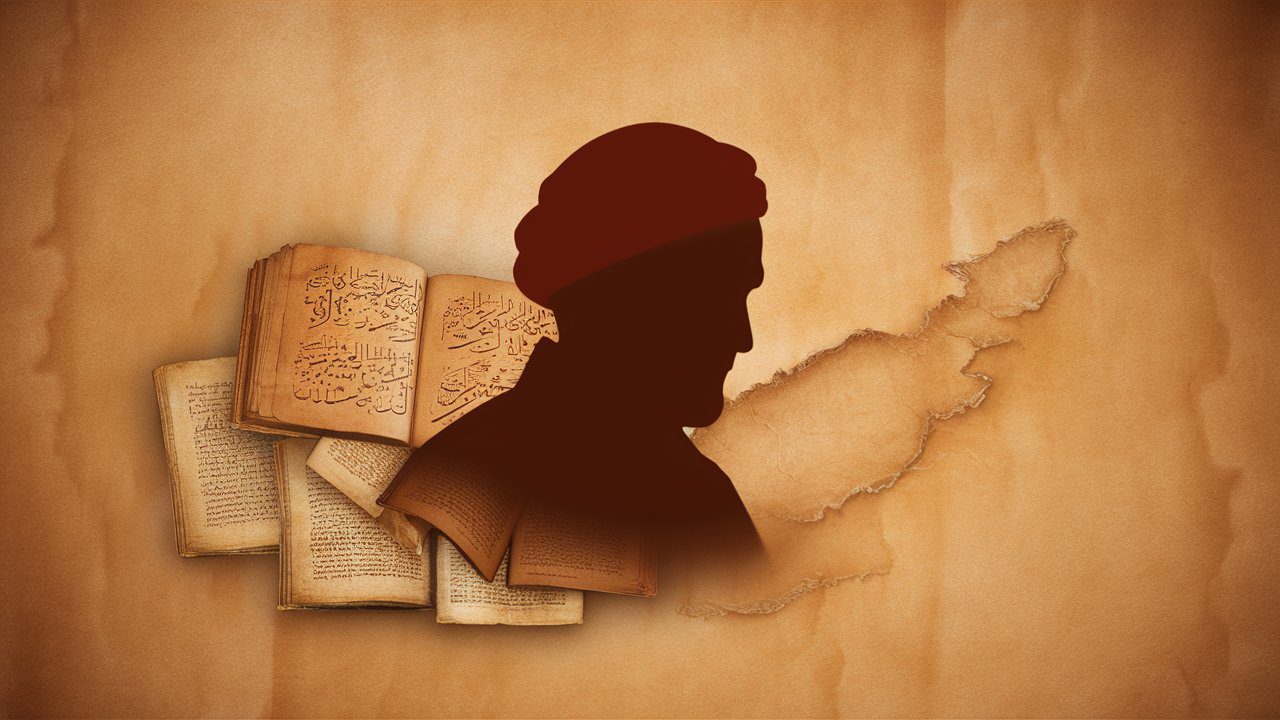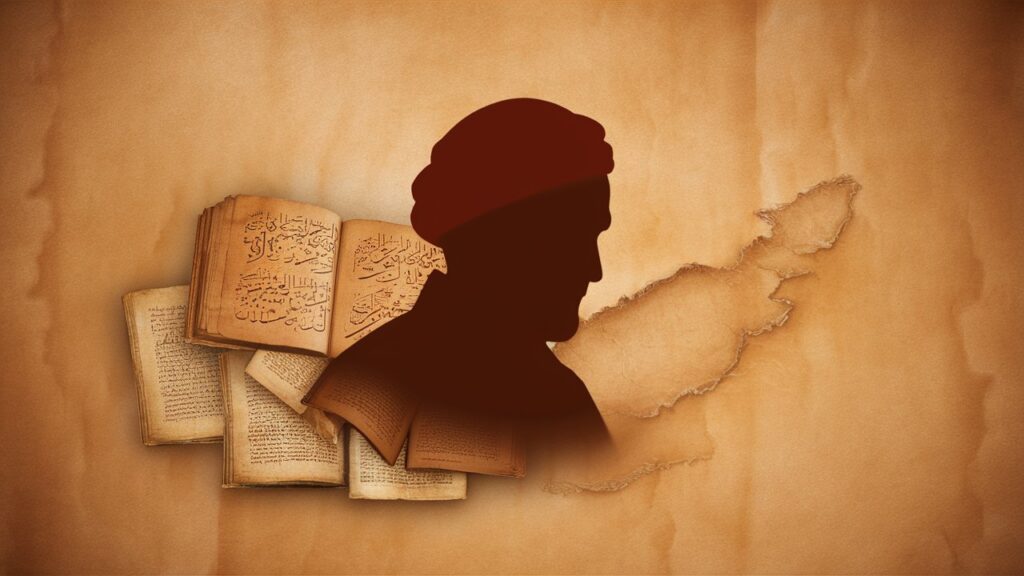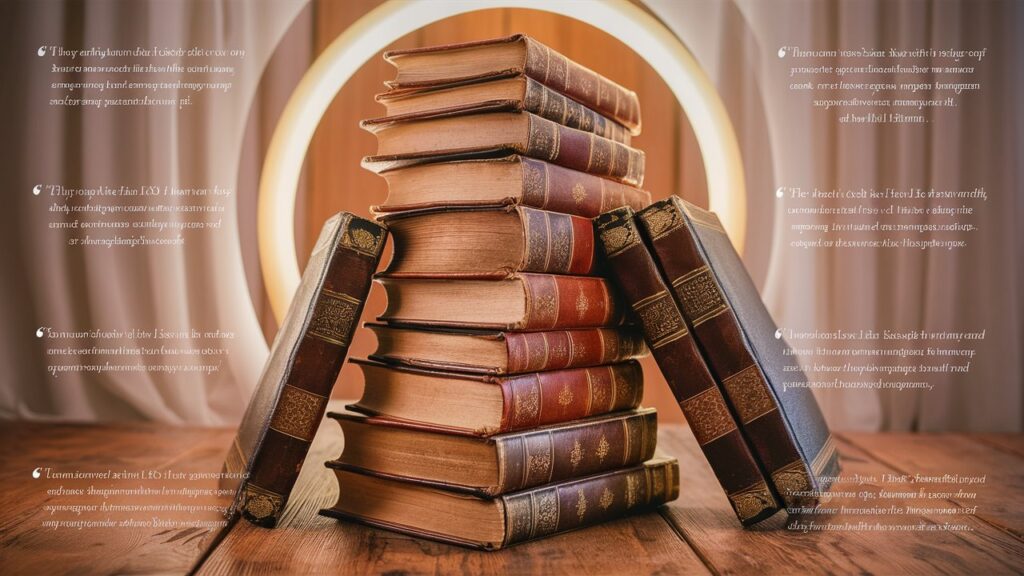
Hadith Qudsi and Hadith Nabawi: The Story of the Hadith Detectives
🕌 Introduction: Why Hadith Collection Matters
Have you ever wondered how we know what the Prophet Muhammad ﷺ said over 1,400 years ago?
Every dua, story, and teaching we hear from the Prophet ﷺ was preserved through a beautiful system — the science of Hadith.
In this post, we’ll explore how scholars collected Hadith Qudsi and Hadith Nabawi — and how their honesty and dedication helped protect the Prophet’s words for us today. 🌸

📖 What Are Hadith Qudsi and Hadith Nabawi?
Before we meet our “Hadith Detectives,” let’s understand what they were collecting:
- Hadith Qudsi are sayings where the Prophet ﷺ tells us what Allah said, but in his own words.
Example: “O My servants, I have forbidden oppression for Myself…” - Hadith Nabawi are sayings or actions that come directly from the Prophet ﷺ — his own guidance and wisdom.
Example: “The best among you are those who learn the Qur’an and teach it.”
Both types are precious, but they come from two different sources — and early scholars took great care to record them correctly.
🧠 Meet the Hadith Detectives!
Hundreds of years ago, brilliant Muslim scholars became what we can call “Hadith Detectives.” 🕵️♂️
They traveled far and wide — from Makkah to Baghdad, from Madinah to Damascus — to meet people who had memorized the Prophet’s sayings.
They didn’t just write them down. They investigated every detail:
- Who said it?
- From whom did they hear it?
- Were they truthful and trustworthy?
This is how we got the chain of narration (isnad) — a list of reliable narrators that verified every hadith.
📚 Famous Scholars Who Preserved the Hadith
Let’s meet two of the most famous Hadith Detectives:
- Imam Bukhari (rahimahullah) – He traveled for over 40 years collecting authentic Hadith. Out of more than 600,000 narrations, he chose around 7,000 that met his strict standards.
His book, Sahih al-Bukhari, remains one of the most trusted collections today. - Imam Nawawi (rahimahullah) – Known for his beautiful Riyadh as-Salihin and 40 Hadith Nawawi, he focused on the wisdom and moral lessons from the Prophet’s sayings — so Muslims could live by them every day.
These scholars didn’t have computers or phones. They relied on memory, honesty, and Allah’s help. Their goal?
To make sure no false word was ever attributed to the Prophet ﷺ. 🌿

🌟 Roots Twist: “Hadith Detectives” Classroom Game
At Roots Muslim School, we make this learning come alive!
Teachers can create a fun “Hadith Detectives” game:
🎯 How it works:
- Prepare cards with different Hadith on them.
- Half are Hadith Qudsi (Allah’s words told by the Prophet ﷺ).
- Half are Hadith Nabawi (the Prophet’s ﷺ own sayings).
- Students sort the cards into two piles: “Qudsi” and “Nabawi.”
✨ Bonus round: Students become “mini scholars” and explain why they placed each card where they did!
This activity builds understanding, memory, and a love for our scholars who protected these treasures.
💖 Learning Takeaway
The story of Hadith collection isn’t just history — it’s a reminder that our religion was preserved through care, truth, and trust.
When we study the Hadith today, we’re walking the same path of the Hadith Detectives — following knowledge with honesty and love for the Prophet ﷺ.
🌿 Conclusion
Understanding the difference between Hadith Qudsi and Hadith Nabawi helps us appreciate how deeply our faith values truth.
Every hadith we learn connects us to a long chain of trust — from the Prophet ﷺ, to his companions, to the scholars who preserved it for you and me.
So the next time you read a hadith, remember:
You’re reading a message protected by centuries of love, care, and scholarship.
